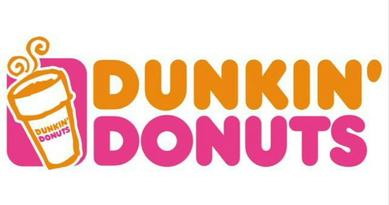
Affordable Care Act
The Affordable Care Act The affordable care act requires certain employers to requires certain employers to track and report employee data. Employers will be required to file information returns with the Internal Revenue Service. You need to be sure your payroll and HR functions have the capability to produce the right data.
Employee Onboarding
Make the onboarding process as streamlined as possible. It's the employees first impression of the Company's culture and professionalism. Incorporate WOTC tax credit functions and E-Verify duties within the new hire process.Retain new hire paperwork in a safe and secure environment. Consider a service provider to assist in this process.
Uniforms
If uniforms are required by the employer, the cost of the uniform is considered to be a business expense of the employer. If the employer requires the employee to bear the cost, such cost may not reduce the employee's wages below the minimum wage or cut into overtime compensation.
Tip Reporting
Tipped employees are those who customarily receive more than $30/month in tips. Employees must be informed in advance if the employer elects to use the tip credit, the amount of tip credit to be claimed,and the employer must show that the employee has been paid at least the applicable minimum wage when wages and tips are combined.
Gift Cards
Restaurants should pay special attention to any gift certificates or gift cards they issue. To be consistent with the matching principle, restaurants shouldn't recognize revenue when they sell a gift card; they should record deferred revenue and recognize the revenue when the owner redeems the gift card. However, this poses another problem for restaurants, as not everyone will end up redeeming the gift card. There lies a special exception for this situation. Restaurants can recognize what's called "breakage revenue", if it's unlikely the owner will redeem the gift card.
Equipment Costs
Did you know the IRS allows a one-time write-off of new and used equipment purchases?Through section 179 of the tax code, business can deduct the full purchase price of equipment or software purchased or financed throughout the year. This government incentive for businesses to re-invest in themselves changes annually, but can be a substantial tax savings.
Overtime
Overtime must be paid at a rate of at least one and one-half times the employee's regular rate of pay for each hour worked in excess of 40 hours per week. Tipped employees who receive $2.13 per hour in direct wages are also subject to overtime at one and one-half times the applicable minimum wage, not one and one-half times $2.13.
Equipment Leases
If your restaurant leases any kitchen equipment, you may want to take a closer look at your lease terms before recording any accounting entries. Not all leases are created equal. For a typical operating lease, you can record the lease/rent expense every period However, if the lease contains a purchase option, the lease term is >= 75% of the useful life or the lease payments are especially high,it may be considered a capital lease. If so, you would record the equipment from capital leases as assets on the balance statement.
Dept of Labor Compliance
Keep abreast of your states minimum wage requirements, and plan ahead for any increases. Deductions made from wages for cash shortages, required uniforms or customer walk-outs are illegal if the deduction reduces the employee's wages below the minimum wage or cuts into overtime pay.
In today’s competitive business climate, achieving success requires a watchful eye on your bottom line and strategic partners to help guide the way. Outsourcing your company's back office to dedicated professionals is an extremely effective way to significantly cut costs and keep management focused on driving sales and other vital business functions.























